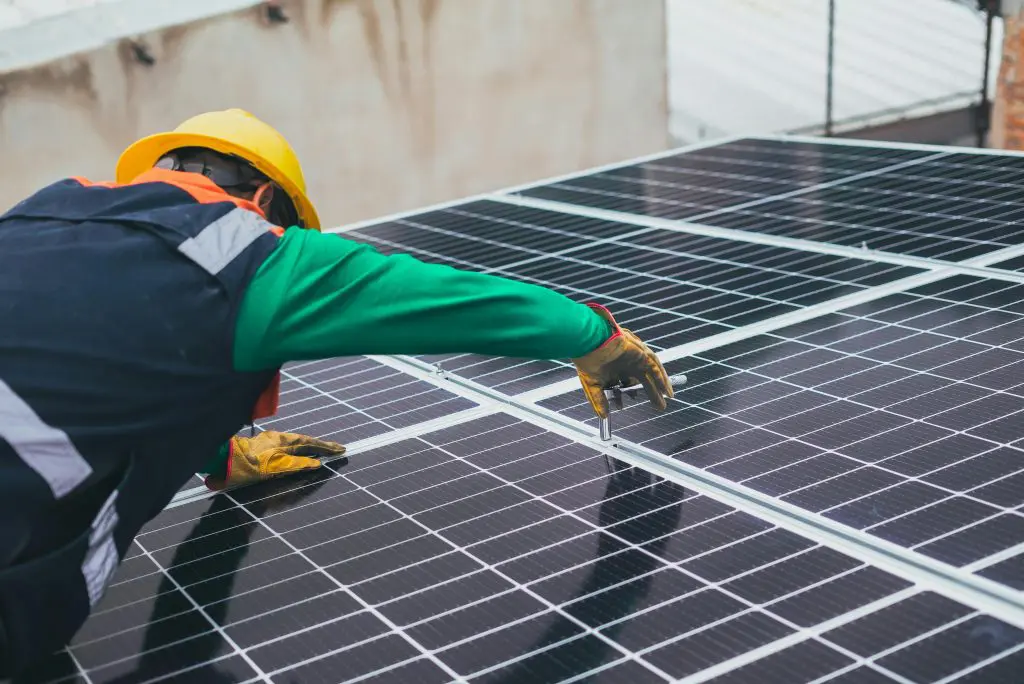
ePower Secures €30 Million to Expand EV Charging Network Across Ireland Irish electric vehicle (EV) charging and solar power provider ePower has secured €30 million in funding to support the expansion of its ultra-fast EV charging network across more than 200 key sites throughout Ireland. The funding round, announced on 25 September, includes equity reinvestment […]
Irish electric vehicle (EV) charging and solar power provider ePower has secured €30 million in funding to support the expansion of its ultra-fast EV charging network across more than 200 key sites throughout Ireland.
The funding round, announced on 25 September, includes equity reinvestment from existing shareholders, ePower’s management team, and Impax Asset Management, alongside new debt funding from Dunport Capital Management. Strategic support was also provided by Goodbody Stockbrokers.
“This is a real vote of confidence in ePower and our growth strategy,” said John O’Keeffe, CEO of ePower. “We’ve seen a significant rise in EV adoption in Ireland year on year, and these figures speak for themselves in terms of a public desire to move towards more sustainable energy and transport.”
According to the Society of the Irish Motor Industry, 20,656 new electric cars have been registered in Ireland so far this year, a 37% increase over the same period in 2024.
ePower, which employs 70 people across its Cork and Dublin offices, is also active in the solar energy space. In June 2025, the company equipped Galway’s Westside EV Charging Hub with solar power backed by battery and grid storage, making it the first public EV charging facility in Ireland powered by solar energy.
ePower’s funding milestone coincides with major developments from other renewable energy players in Ireland:
On 24 September, Irish solar energy developer Power Capital Renewable Energy (PCRE) secured up to €323 million in financing led by Eiffel Investment Group. The initial tranche of €168 million will refinance previous debt and support the company’s business plans, which include 330MW of projects under construction and a development pipeline of over 5GW, spanning both solar photovoltaics and battery energy storage systems (BESS).
Also on 24 September, Ørsted, a leading Danish renewables company, was awarded a 109MW solar contract through the Irish Government’s fifth onshore RESS (Renewable Electricity Support Scheme) auction. The project, located in Lodgewood, Co Wexford, is expected to be operational by 2028 and will be Ørsted’s largest solar development in Ireland to date. The project will have the capacity to power over 34,000 homes.
Ørsted’s TJ Hunter, VP of Onshore Ireland and UK, emphasized solar’s role in Ireland’s energy future:
“If we are to ultimately achieve a secure energy supply for Ireland, solar energy is a fundamental piece of the jigsaw. We will continue to look at opportunities for solar projects in Ireland to help the Government achieve its 2030 target of 8GW of solar energy.”
Ørsted has been expanding its presence in Ireland’s renewable energy market, having started construction on its first solar farm in Carlow last year.
As Ireland ramps up renewable generation and electric vehicle adoption, attention is turning to whether the national grid infrastructure can handle the growing load. The transition to clean energy isn’t just about generation, it’s also about modernising how electricity is stored, transmitted, and managed.
Grid congestion, especially in rural or underdeveloped areas, can limit how quickly new solar or wind projects are brought online. The development of smart grids, demand response systems, and battery energy storage systems (BESS) will be critical in ensuring that renewable electricity is reliably delivered across the island.
These developments come amid mounting urgency to act on climate change. A recent joint report from Maynooth University and Met Éireann revealed that the record-breaking night-time temperatures of Ireland’s most recent summer were 40 times more likely to have occurred due to human-caused climate change.
Ireland has set ambitious targets to generate 80% of its electricity from renewable sources by 2030, with solar energy playing an increasingly central role.
With climate risks intensifying, such as the record-breaking night-time temperatures highlighted by Maynooth University and Met Éireann, Ireland’s focus is shifting from not just reducing emissions, but also building resilience.
This includes:
Decentralised energy systems less vulnerable to disruptions
EVs as mobile energy storage
Microgrids that support isolated or vulnerable communities
By investing in clean, local, and resilient infrastructure, Ireland can better withstand future shocks while accelerating toward climate neutrality.
With rising EV adoption and increasing pressure to decarbonise, ePower’s €30 million funding round marks a significant step toward scaling Ireland’s clean energy infrastructure. As the country works to meet its 2030 climate goals, investments like these, alongside major solar initiatives from PCRE and Ørsted, signal a strong push toward a greener, more resilient energy system.
At All-Ireland Sustainability, we’re committed to building a greener, fairer island, together. Stay informed on the latest environmental initiatives, community action, and policy developments shaping sustainability across Ireland, North and South.
👉 Sign up for our newsletter today and be the first to hear about upcoming events, expert insights, and ways to get involved.
Whether you’re a seasoned advocate or just starting your journey, new members are always welcome.
Subscribe now and be part of the All-Ireland Sustainability Membership.
Copyright © 2026. All Ireland Sustainability
Webdesign & Development Northern Ireland 2b:creative